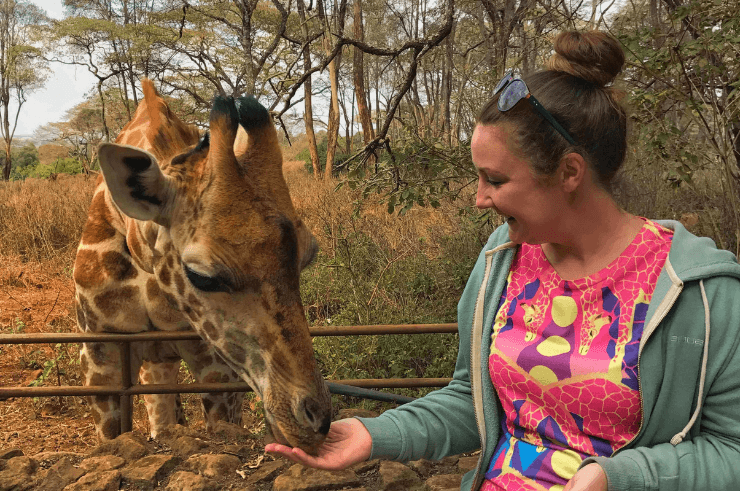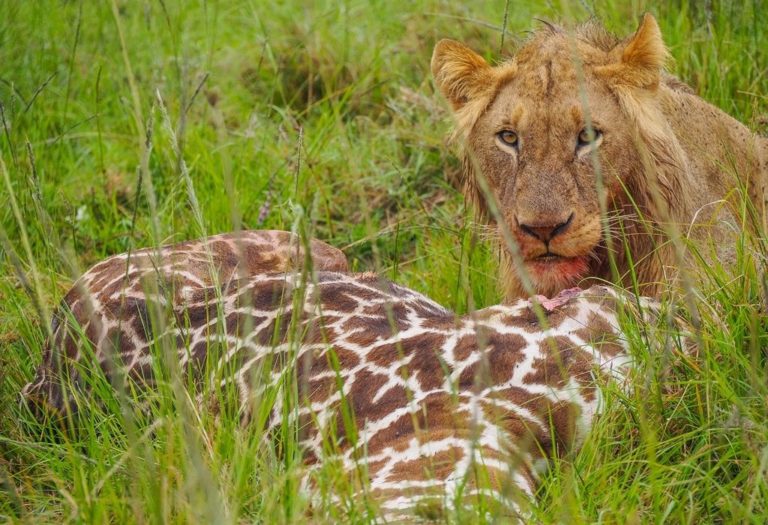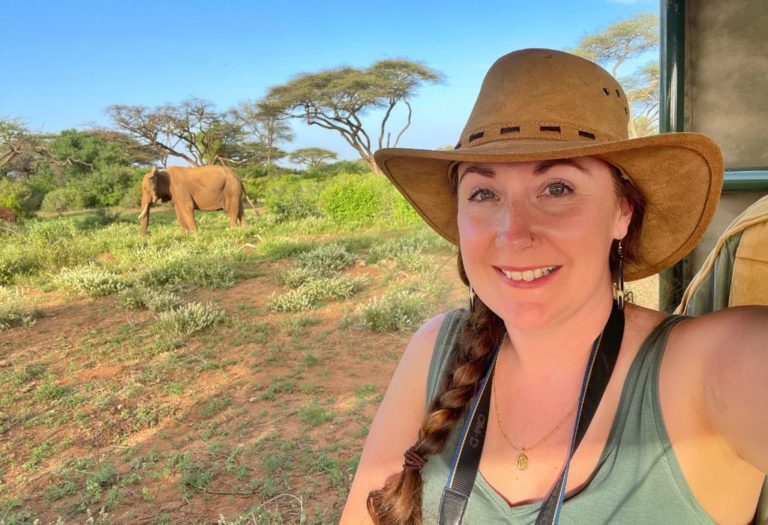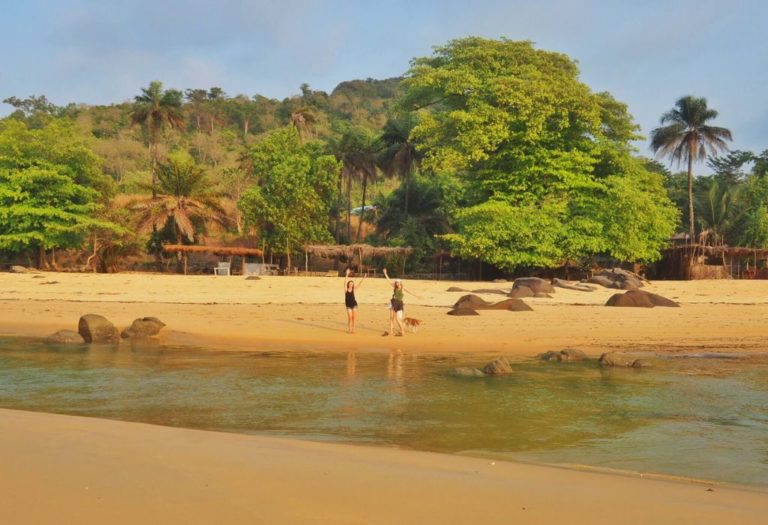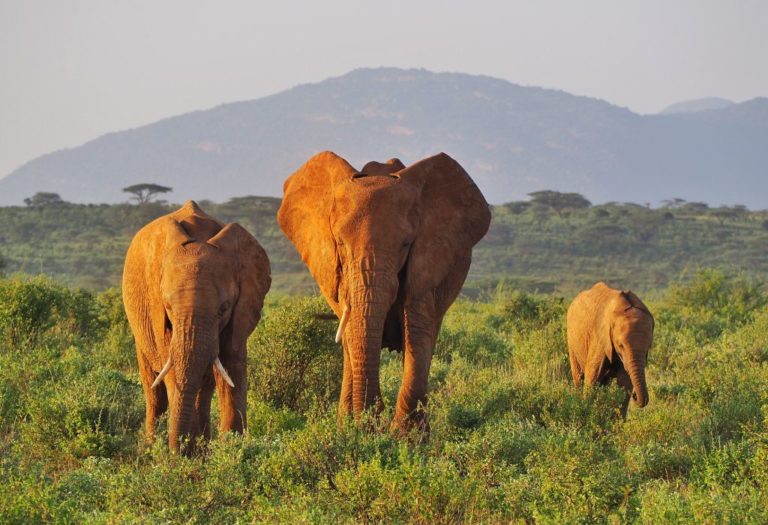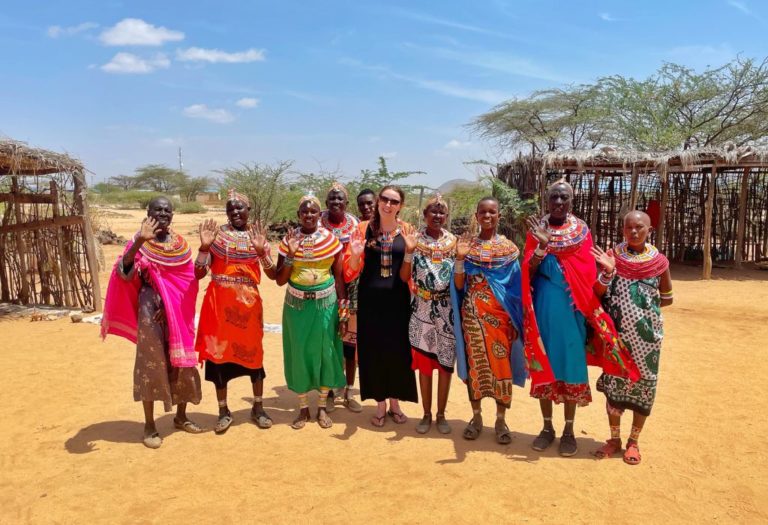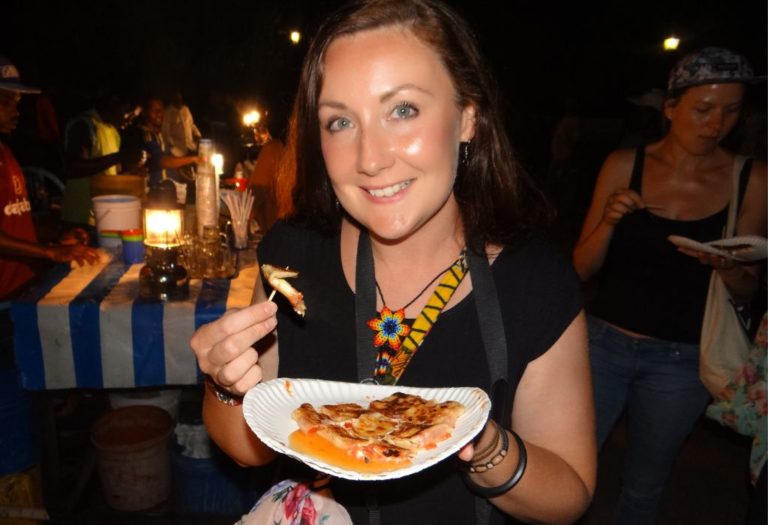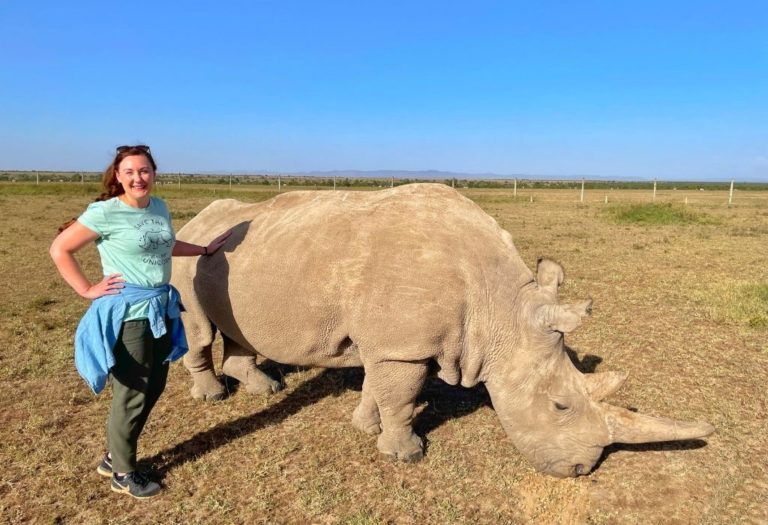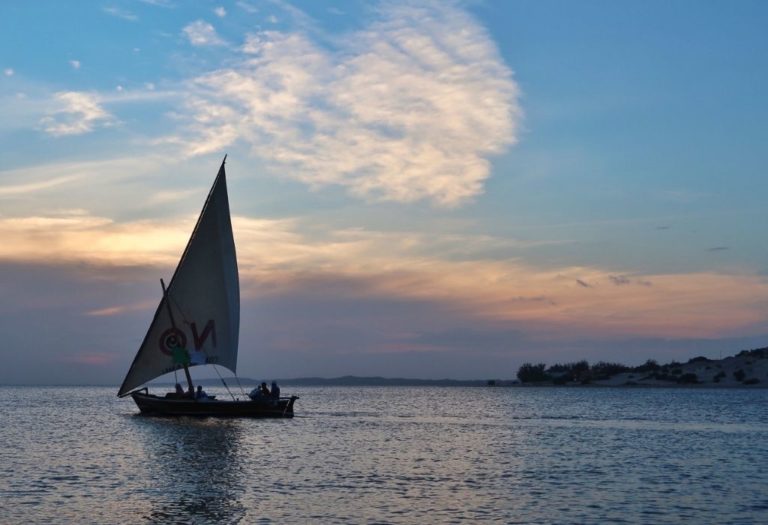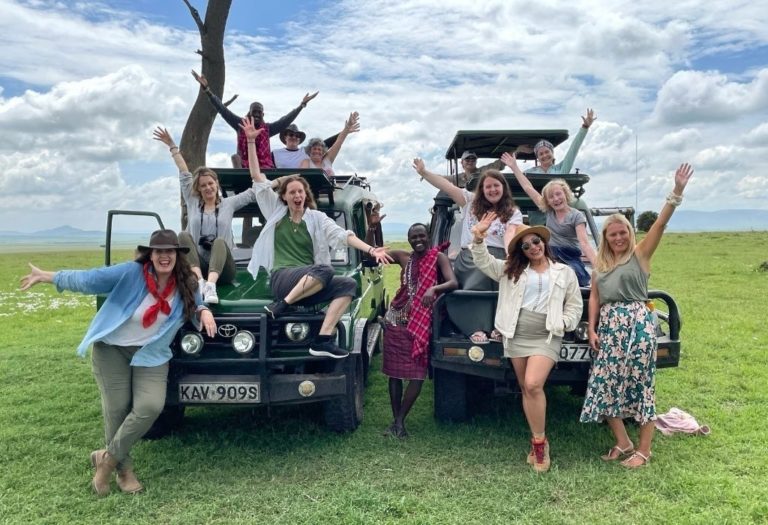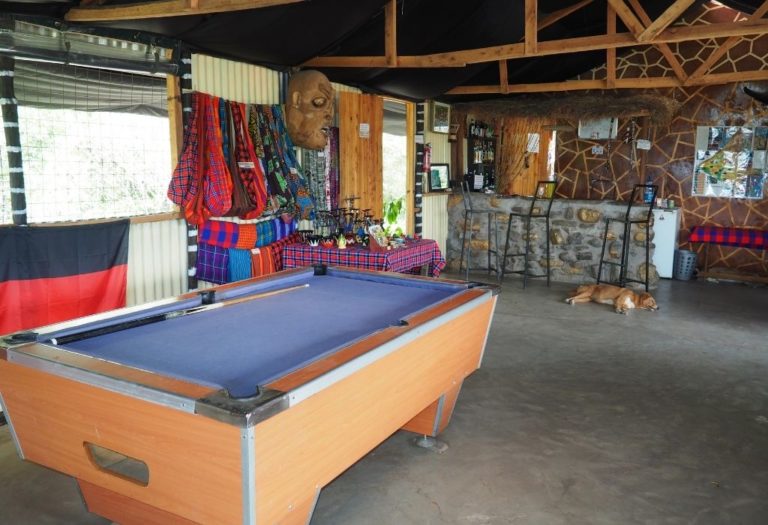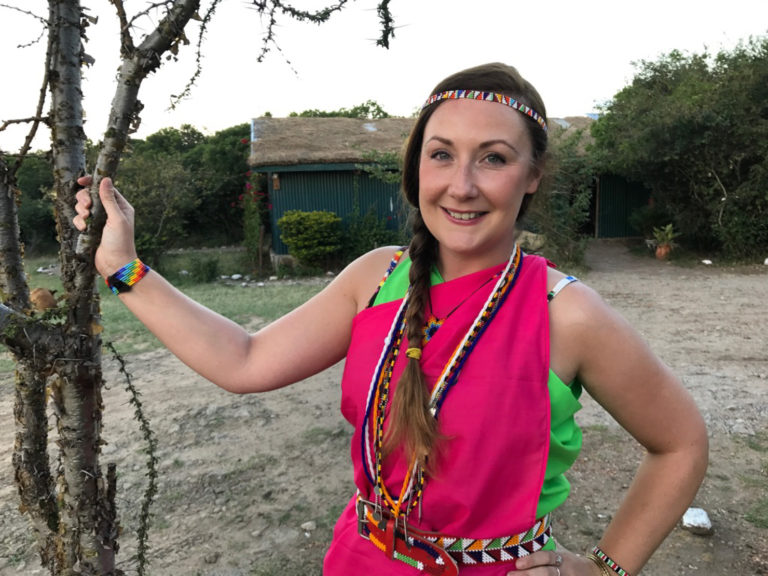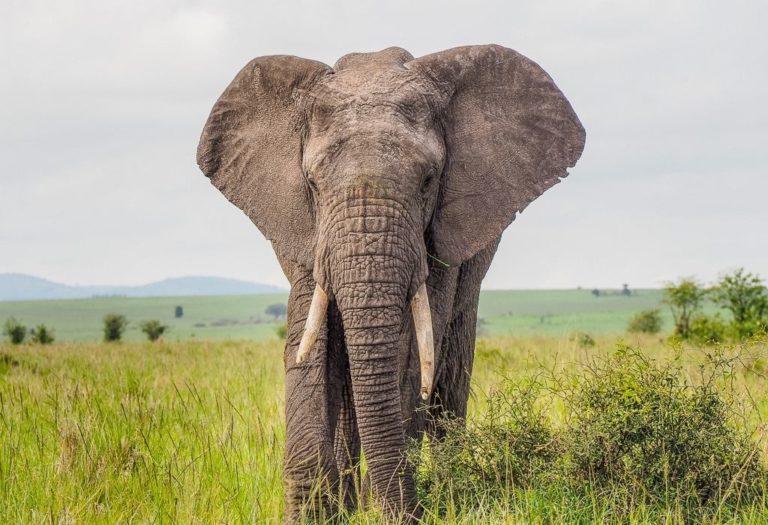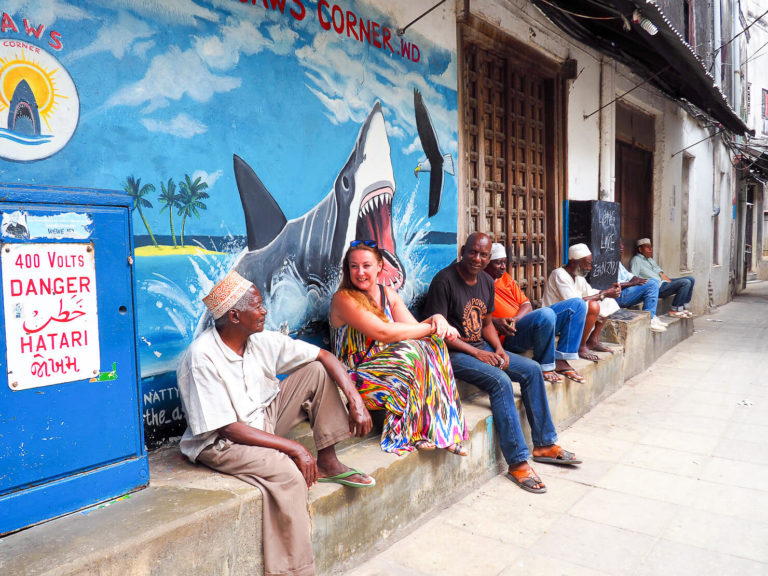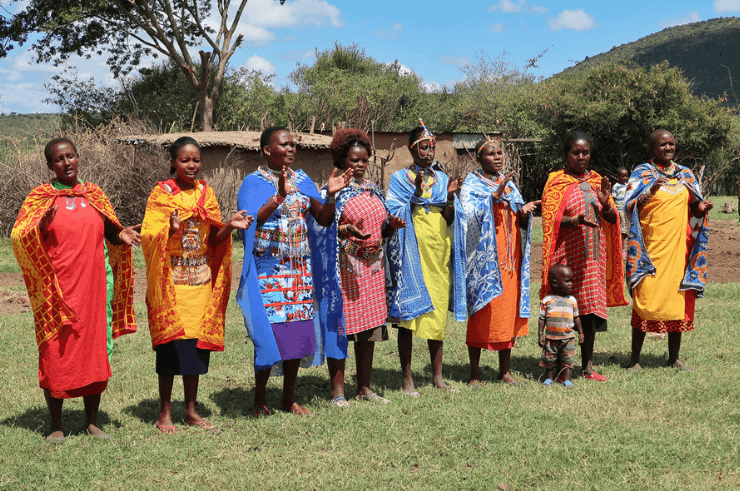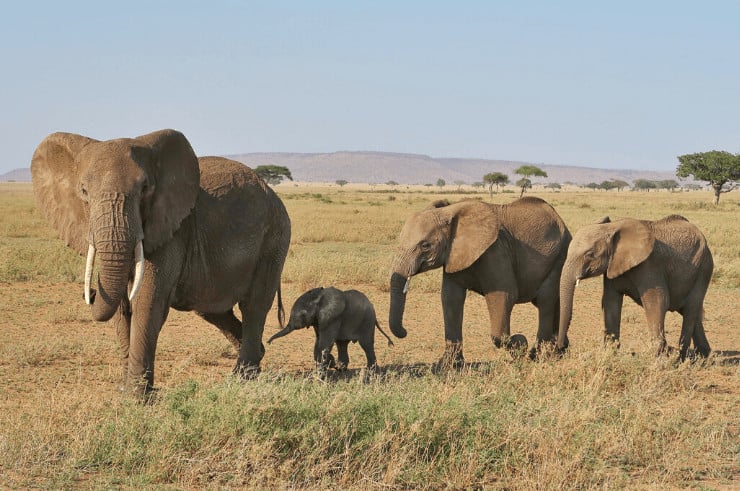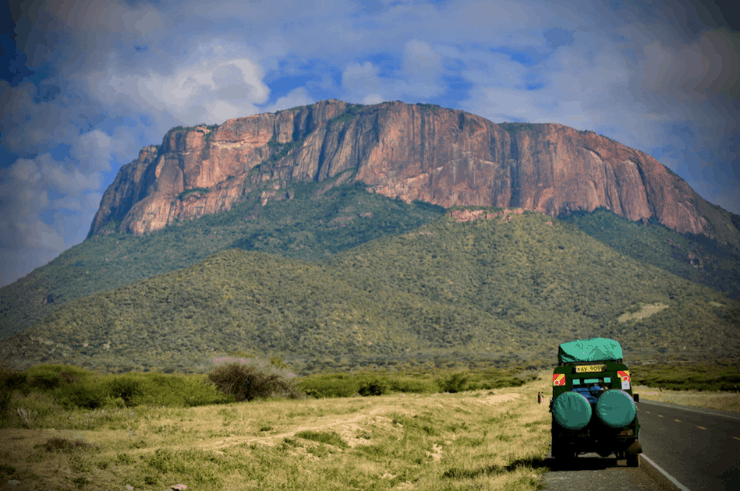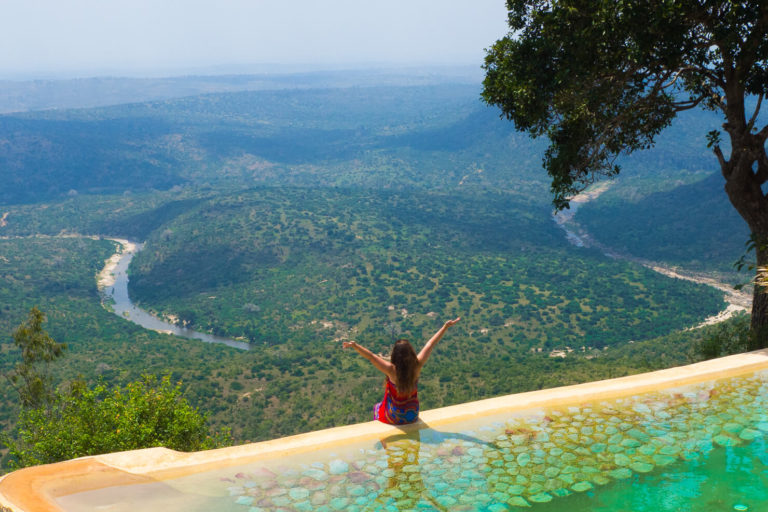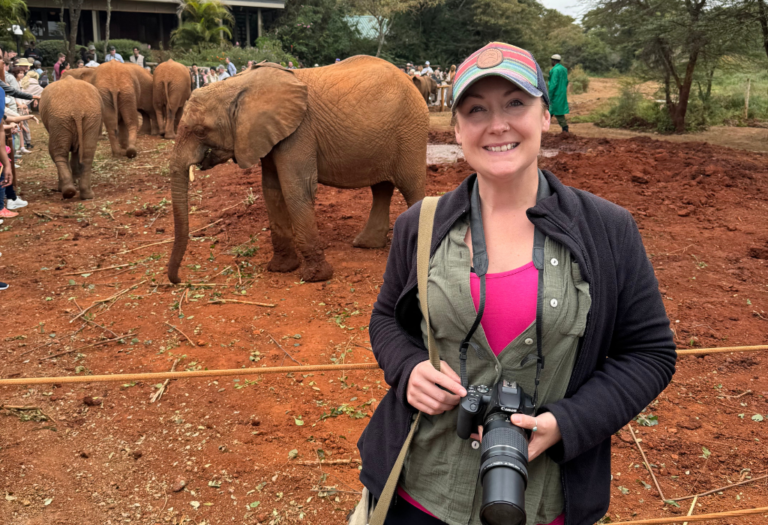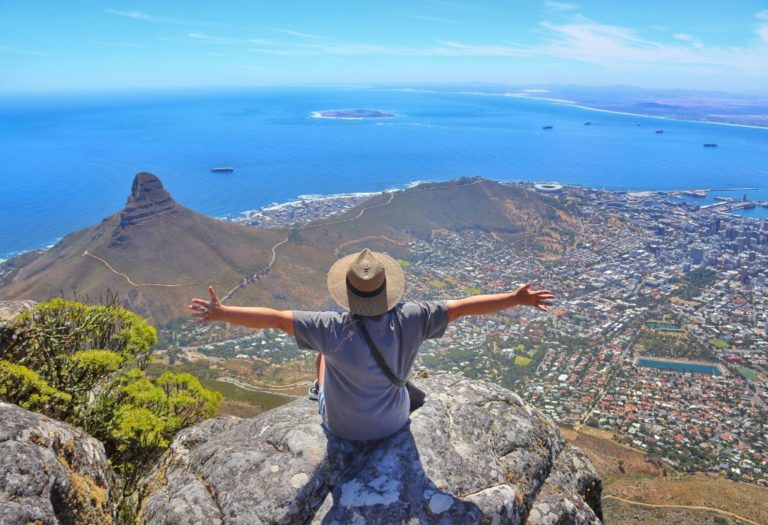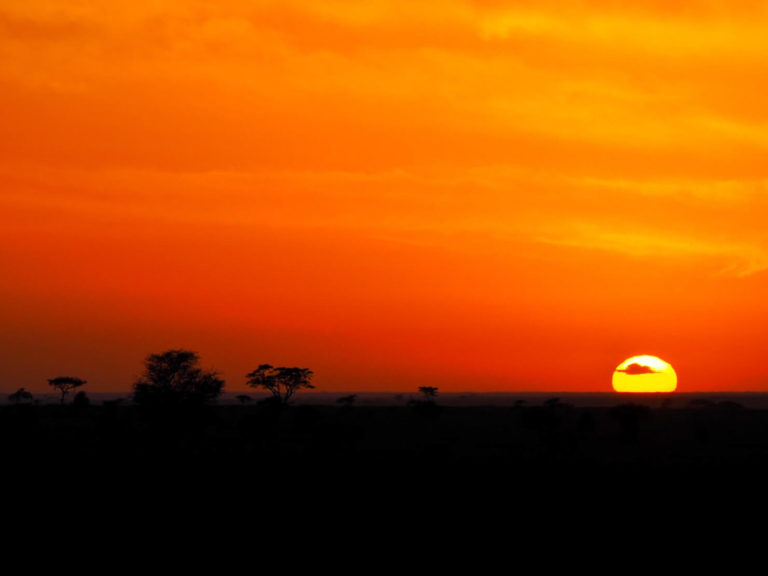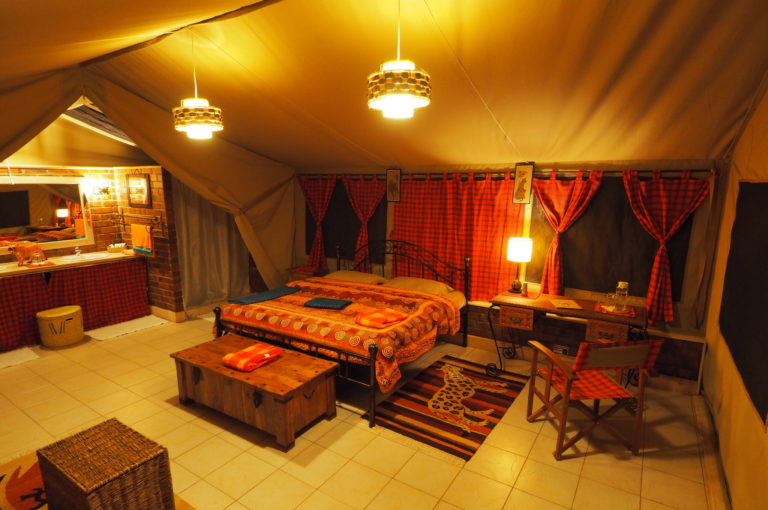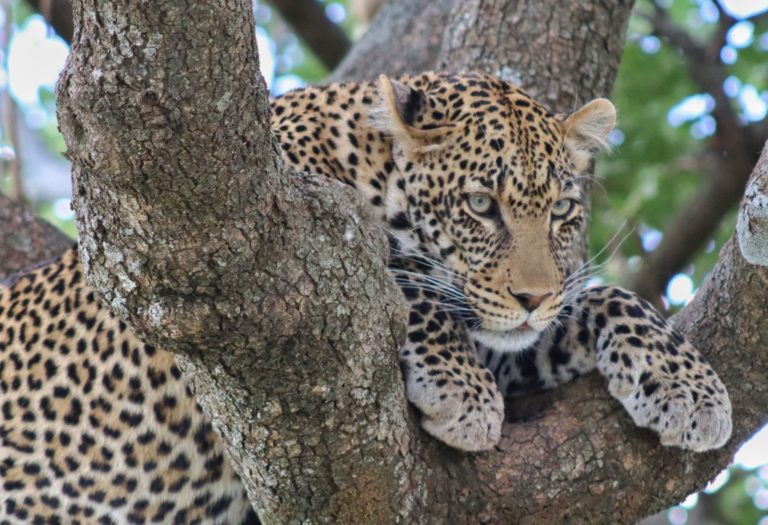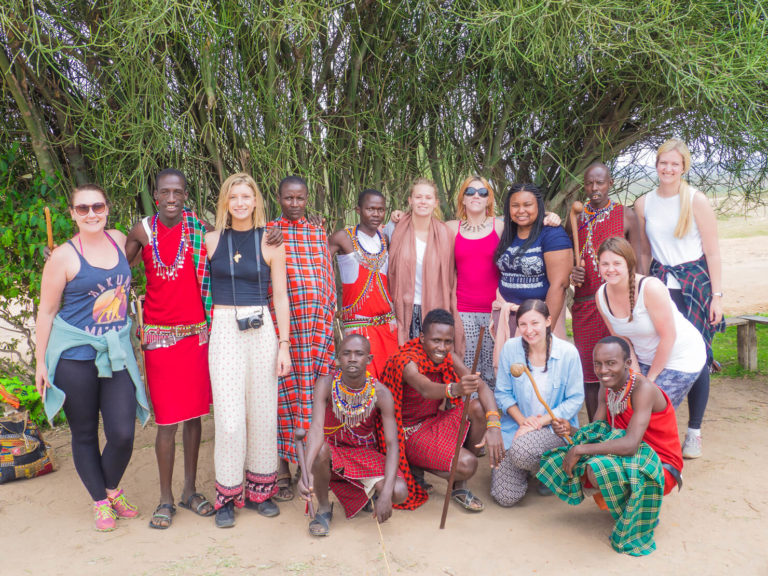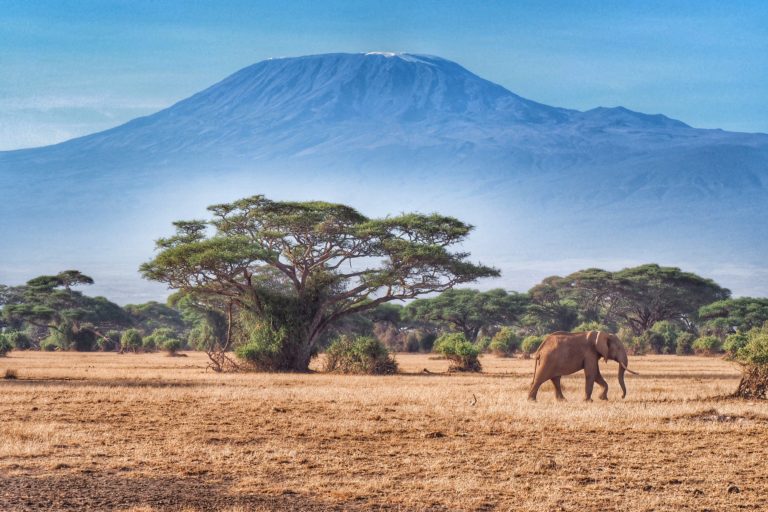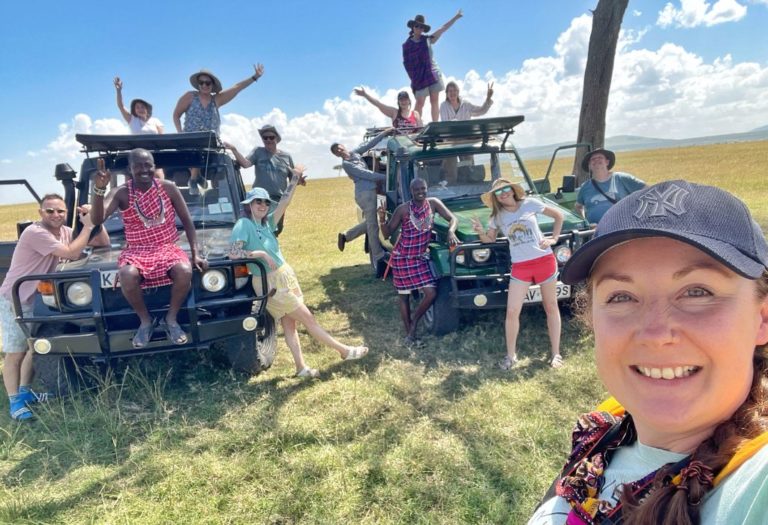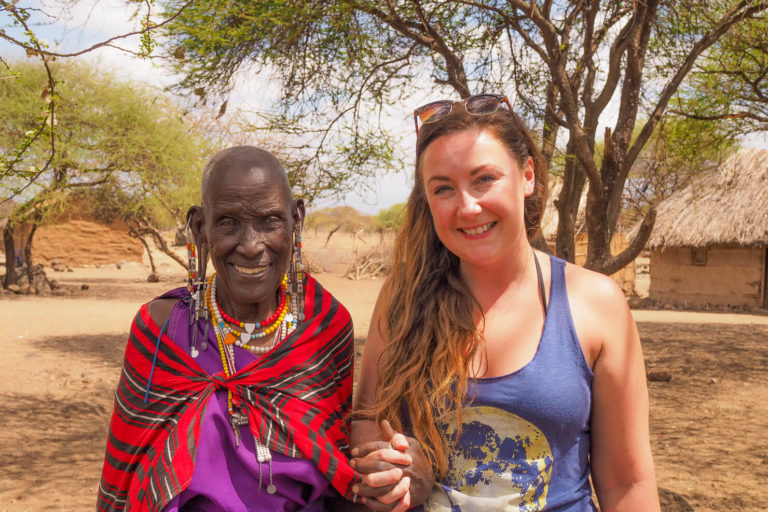You know you are truly alive when you’re living among lions.”
KAREN BLIXEN
Kenya is an incredible and diverse country that really has it all – great safaris, excellent beaches, mountains, traditional culture, and modern cities. It’s the perfect introduction to African travel.
Kenya is an incredible and diverse country that truly has something for everyone. Whether you’re a nature lover, adventure seeker, or someone looking to immerse yourself in rich culture, Kenya has it all. Imagine exploring vast savannahs teeming with iconic wildlife on a classic safari, relaxing on pristine white-sand beaches with the turquoise waters of the Indian Ocean lapping at your feet, or conquering the majestic peaks of Mount Kenya.
Beyond the natural wonders, Kenya also boasts vibrant cities like Nairobi, where modernity meets tradition, and smaller towns where you can experience the warmth and hospitality of Kenyan culture firsthand. From ancient traditions preserved by the Maasai, Samburu, and other communities, to modern world-class dining and nightlife, Kenya is a country of contrasts and endless surprises.
It’s the perfect destination for first-time travellers to Africa and seasoned explorers alike. Whether you’re dreaming of witnessing the Great Migration in the Maasai Mara, strolling through the historic streets of Lamu, or hiking through lush forests in search of waterfalls and rare wildlife, Kenya offers an adventure to suit every taste.
To help you plan your dream trip to Kenya, I’ve created this helpful Kenya Travel Guide, with lots of info and resources, useful links, and all of my Kenya blog posts!
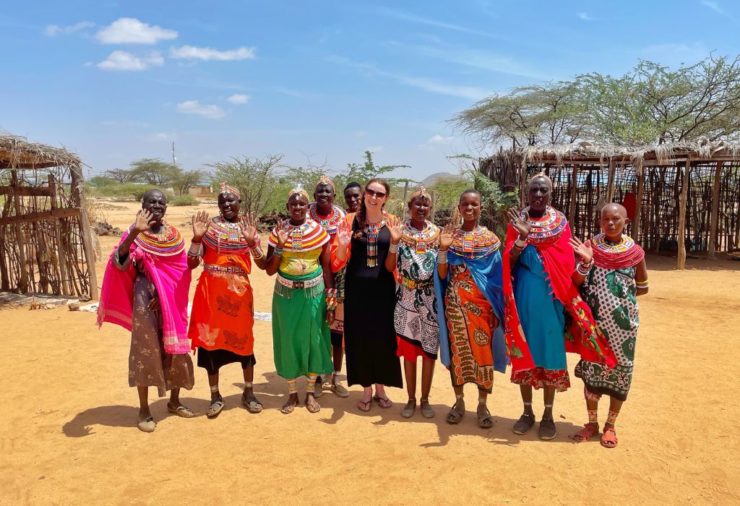
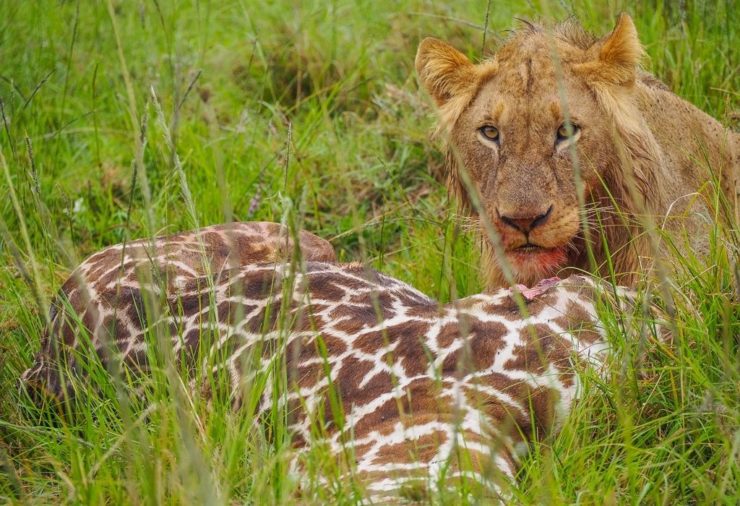
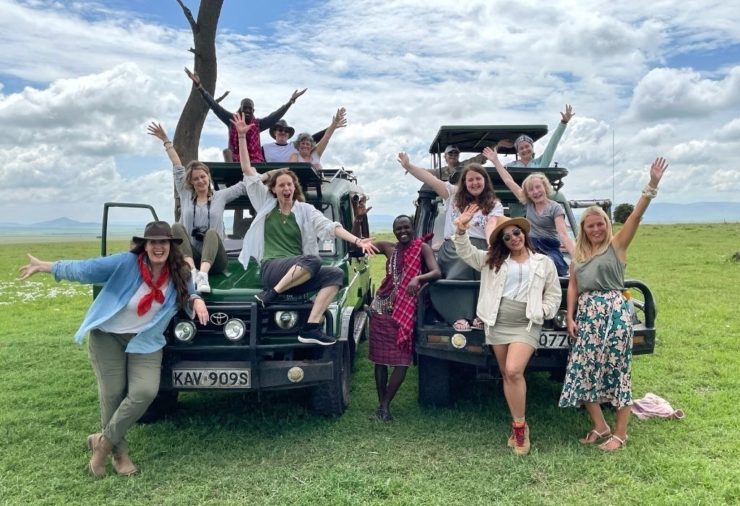
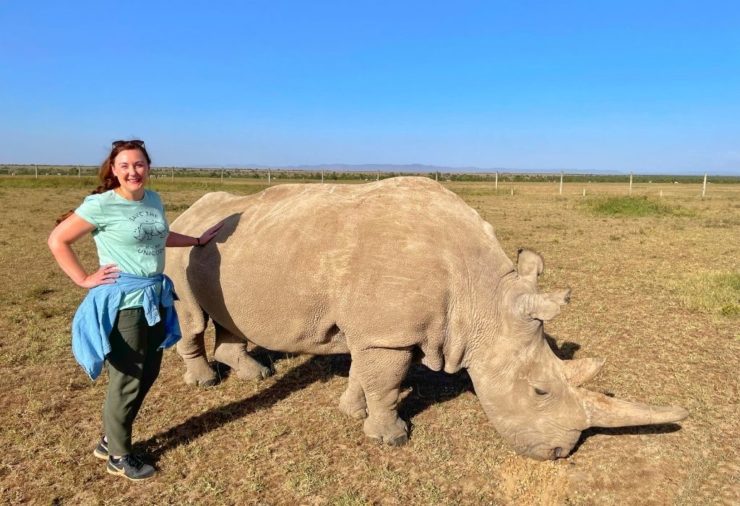
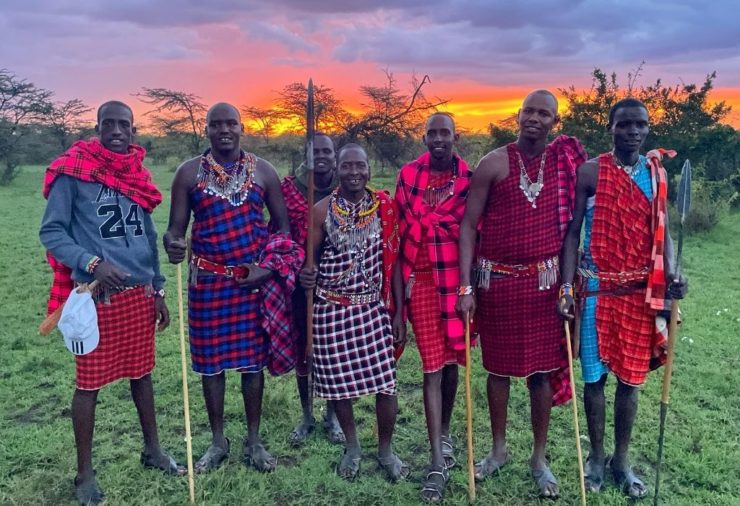
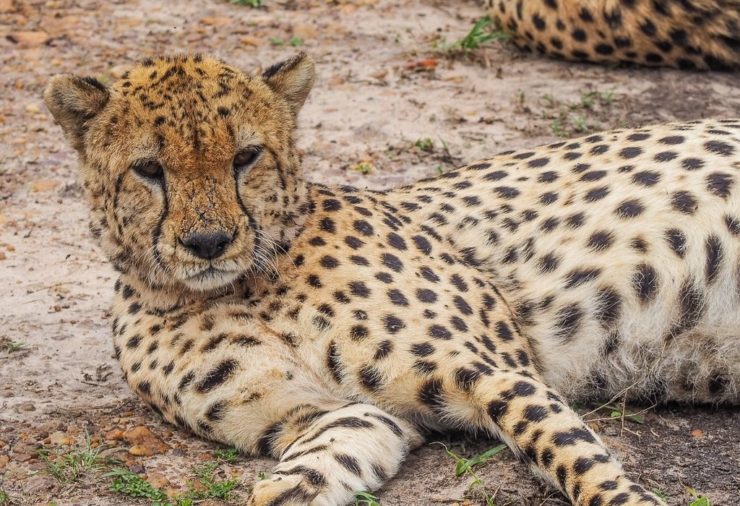
Things To Know About Kenya
Capital: Nairobi
Currency: Kenyan Shilling (KES)
Languages: Swahili and English are the official languages of Kenya. Swahili is spoken by most people and English is widely spoken and understood. There are a number of other languages spoken throughout the country including Kikuyu and Maa (Maasai). See my list of the most useful Swahili words and phrases here.
Visa: Kenya uses an eTA system. This issues you with a 90-day single entry permit for Kenya. However, there are some exceptions to this.
Your eTA remains valid for more than one entry if you visit one of the following EAC Partner States: Burundi, Democratic Republic of Congo, Rwanda, South Sudan, Tanzania and Uganda. But if you leave this area, you will need a new eTA. The eTA is valid for 90-day after issue. If you have a valid East Africa Tourist Visa from Uganda or Rwanda, you can still use those to enter Kenya. You can apply for your eTA here.
Main Airport(s): Jomo Kenyatta International Airport (Nairobi) and Moi International Airport (Mombasa).
When To Go: The best time for wildlife viewing is during the cool, dry season between June and October. The short rains come in November and December and the long rains come in March to May. If you want to see the wildebeest migration, the best time is between July and October when the herds are usually in the Masai Mara.
What to Pack: You can see my complete Africa Packing List here.
Plugs: In Kenya, they use Type G, British 3-pin style plugs (240V).
Malaria: Malaria is a risk in many parts of Kenya so I would advise that you see a doctor before visiting to ensure you are protected. You can find more information about malaria in Kenya here.
Vaccinations & Yellow Fever: You can see what vaccinations you need and whether you need a Yellow Fever certificate here and here.
Internet & Mobile: The two main networks in Kenya are Airtel and Safaricom. You need your passport to buy and register a SIM card.
Water: It is not advised to drink the tap water in Kenya, so I would suggest buying bottled water, using a filter or sterilising water bottle.
Safety: Kenya is a relatively safe country (for the most part), however you need to keep your wits about you, in larger towns and cities (especially in Nairobi and Mombasa) and as petty crimes are common. The road between Malindi and Lamu is notoriously dangerous and it is advised to fly. I would advise you to take taxis after dark and if you do need to walk at night, keep to busy streets and preferably walk in a group. OI would avoid driving long distances at night.
Where to Check Travel Advisories for Kenya:
- FCDO (UK)
- Travel.State.Gov (USA)
- Government of Canada
- SmartTraveller (Australia)
Festivals: Lamu Yoga Festival, Kilifi New Year, Lake Turkana Cultural Festival.
Join a Rock My Adventure Kenya Group Tour
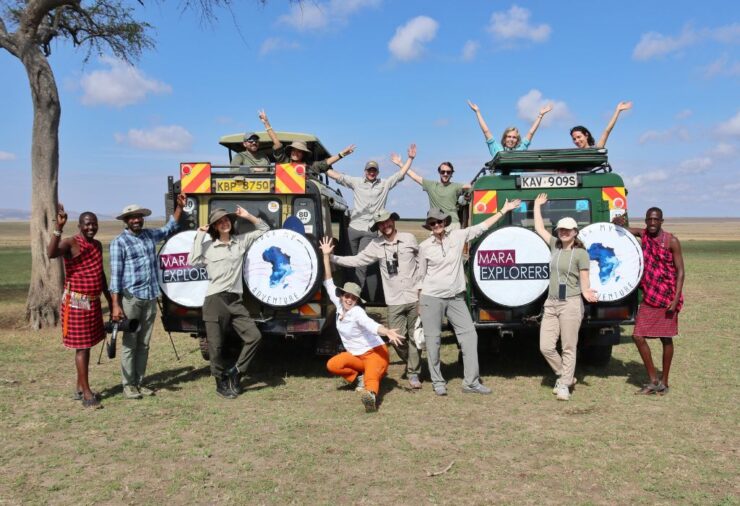
Kenya & Tanzania Adventure
Kenya and Tanzania are two spectacular countries, with beautiful landscapes, vibrant cultures, world-class safaris, and some of the most beautiful beaches you’ve ever laid eyes on! So join us for an epic tour through some of the main highlights including Nairobi, the Masai Mara, Ngorongoro Crater and Zanzibar.

